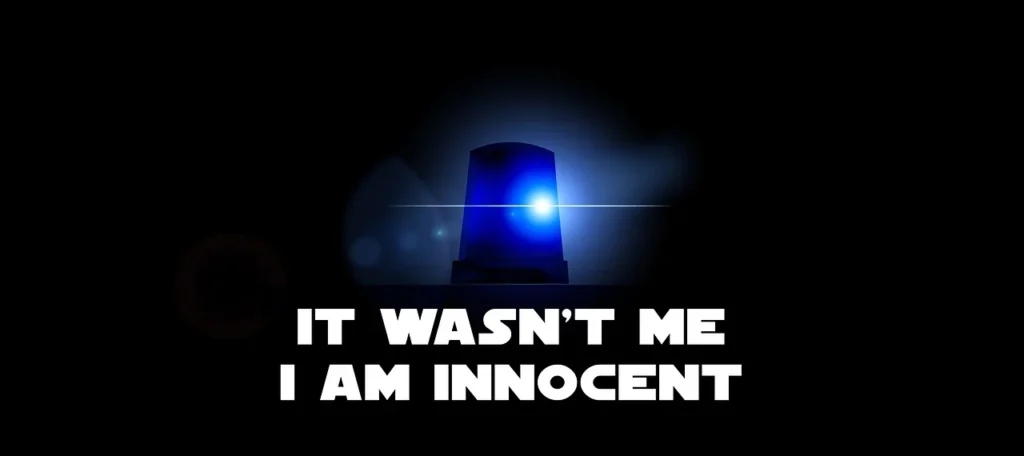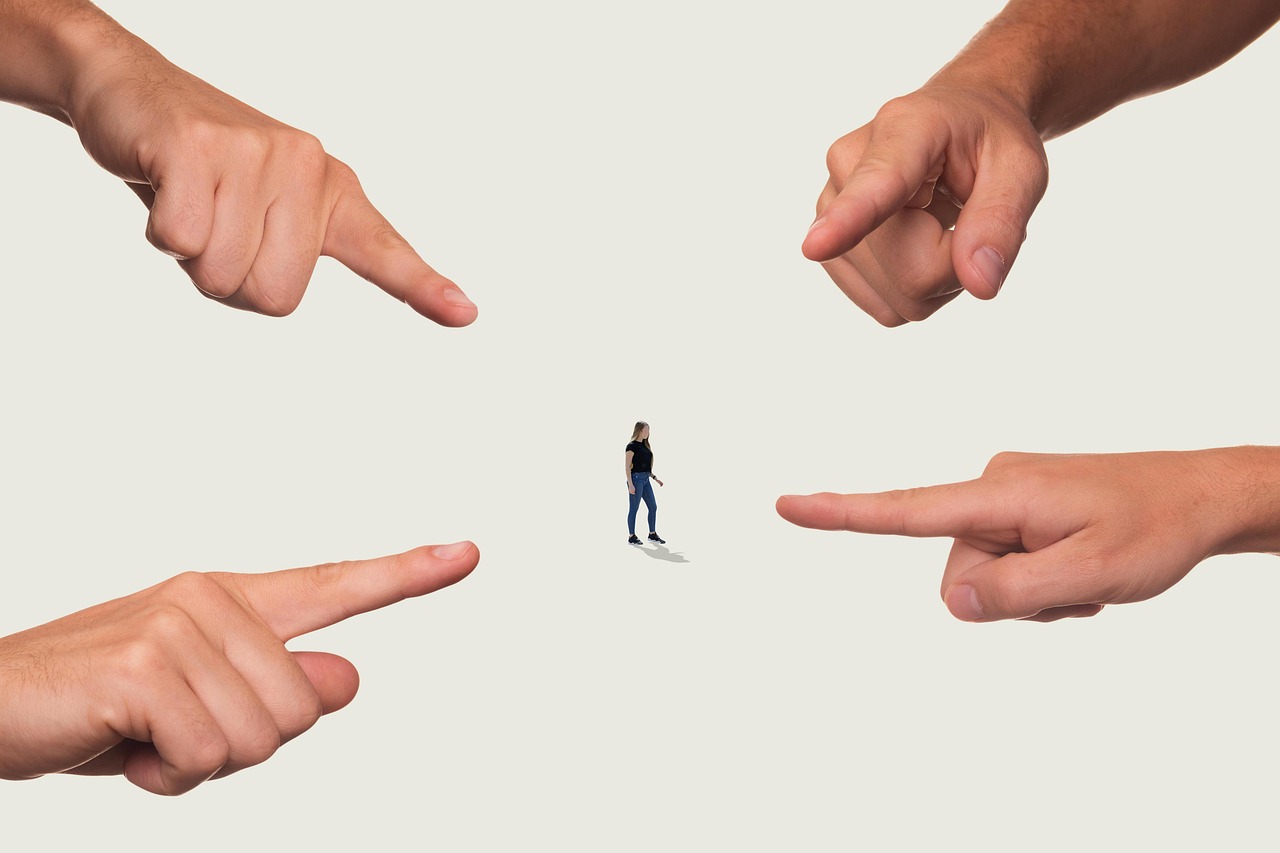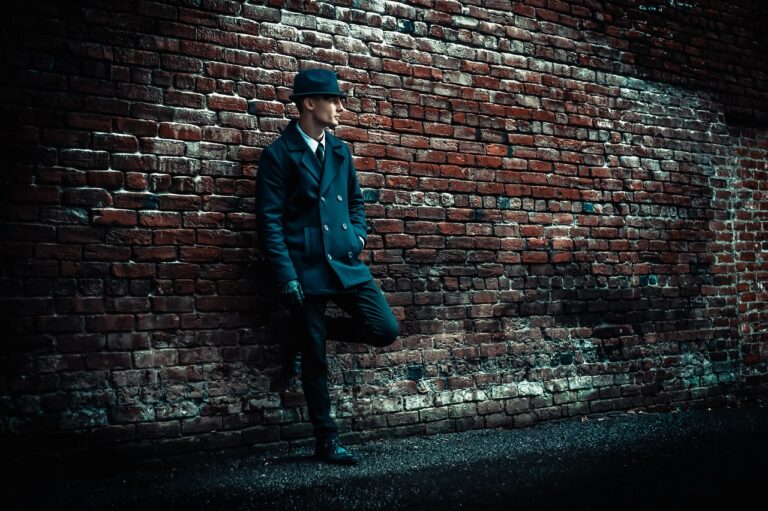Why would she lie? Uncovering the hidden motives behind false rape allegations.
Introduction
It’s a question most people are afraid to ask: why would a woman lie about rape? In a world that has rightfully fought to give survivors a voice, questioning any claim feels like betrayal. But there’s another side, a deeply disturbing one where some men have lost years of their lives, their careers, and their sanity, all due to false accusations. This blog isn’t an attack on women or victims. It’s a plea for balanced justice, where the falsely accused are not trampled in the rush to believe.

Cultural Triggers
We live in a culture that has elevated the voices of victims, and rightly so. However, somewhere along the line, the phrase “believe all women” has been weaponized. In the pursuit of justice, society began replacing investigation with assumption. When womanhood is inherently linked to victim-hood, accusations turn into automatic convictions, at least socially.
Societal Incentives
False accusations often come with an ugly reward: sympathy, validation, and sometimes even fame. In the age of social media, a trending hashtag can bring attention, GoFundMe donations, or a moment in the spotlight. Some use false claims as revenge against ex-boyfriends, unfaithful partners, or men who rejected them. Others manipulate legal systems in custody battles or workplace disputes.

Legal Loopholes
The legal system often shields accusers while exposing the accused. A woman can remain anonymous, while a man’s name is dragged through headlines, even if proven innocent later. Some jurisdictions offer no real consequences for false claims, creating a dangerous environment where accountability is absent.
Psychological Reasons
Not all lies are malicious. Some women suffer from unresolved trauma, mental illness, or personality disorders that distort reality. In rare but real cases, a false accusation may be a subconscious reenactment of past pain or a desperate cry for help.
Real Lives Ruined
Take the case of Brian Banks, an NFL hopeful falsely accused by a classmate. He spent five years in prison and lost his football dreams before his accuser admitted she fabricated the story. Or consider the Duke Lacrosse case, where reputations were destroyed on baseless claims that later unraveled in court
My point
False rape accusations are not about women versus men. They are about truth versus falsehood. We must build a culture that protects real victims without crucifying innocent people. Justice must not have favorites.







